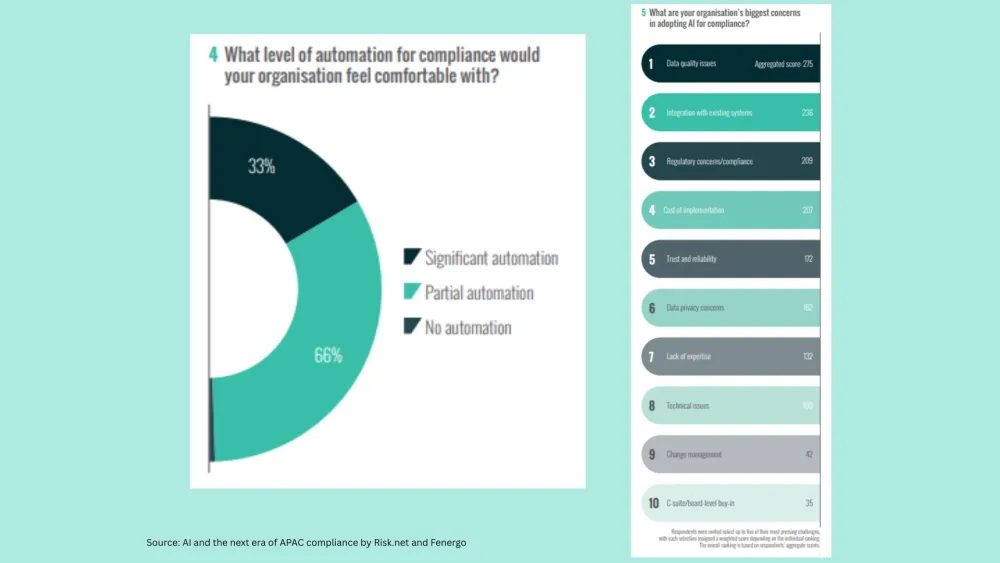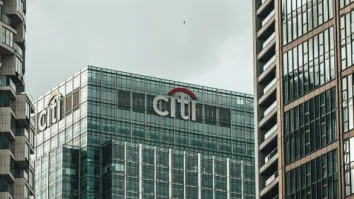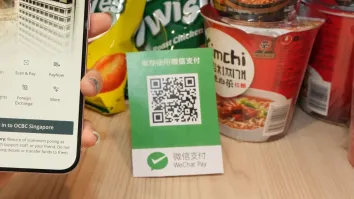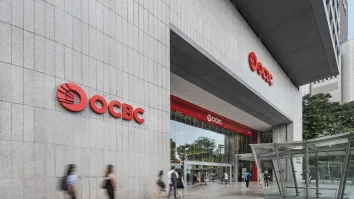Over 300 banks sign up to J.P. Morgan's blockchain network
Banks in Asia Pacific account for 40%.
More than 320 banks have signed up to take part in J.P. Morgan’s Interbank Information Network (IIN) including Deutsche Bank, according to a media release.
Of this number, banks in Asia Pacific account for nearly 40% as the number of lenders from the region rose more than six-fold to over 130 in 2019 from 21 in the previous year. Participating banks include ANZ, China CITIC Bank, Mizuho Bank and MUFG Bank.
Since its launch in 2018, IIN has also brought more than 65 banks live on the network with the goal of minimising friction in the global payments process.
“The intent with IIN was always to develop a meaningful ecosystem of bank users, all focused on harnessing emerging technologies such as blockchain to better address the complex cross border payments industry,” John Hunter, Global Head of Clearing for JPMorgan Chase said in a statement.



















 Advertise
Advertise











